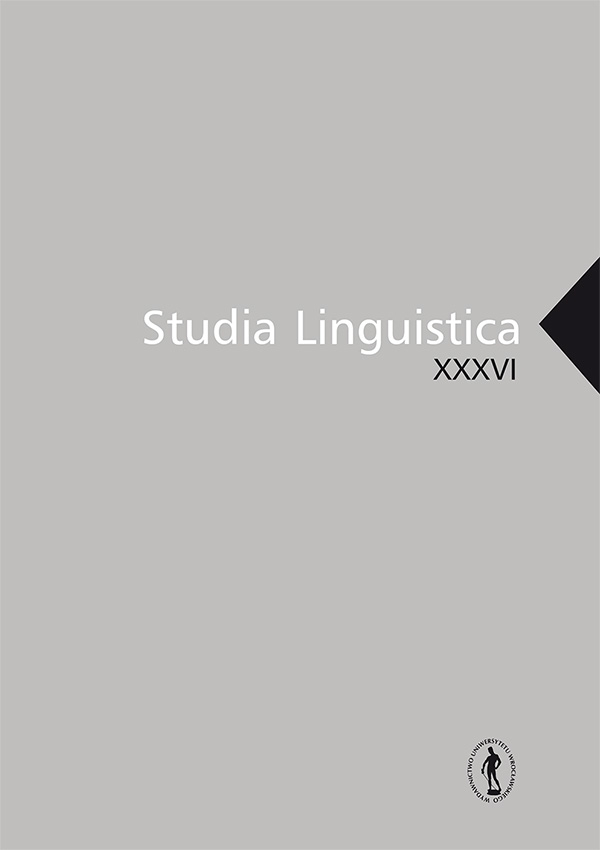

Artykuły

Pronoun “es” used with weather verbs in Yiddish in comparison with German and Polish
The object of research are sentences containing weather verbs in Yiddish. The aspect of main interest here is the issue of syntactic features of the pronoun “es” and of the degree to which these features are similar to these present in German and Polish as two contact languages present in the development of Yiddish. On the basis of syntactic tests following questions are examined: how many different positions in a sentence can the es-elements occupy?, in which configurations can their lexical realisation be omitted and in which is it obligatory? In both Yiddish and German there is a differentiation between 1 quasi-argument es, which is marked with respect to the grammatical case and is feature-specific, and 2 syntactic expletive proper, which is not feature-specific and does not contribute to meaning but only has a syntactic role. In Polish as a pro-drop-language a quasi-argument pro and an expletive pro are assumed.
The theoretical basis for the analysis in the paper are the Principles and Parameters framework P&P as well as the Minimalist Program MP by Chomsky. It is demonstrated here that what is responsible for assigning the position of the es-Elements and for its structuring possibilities is a specific feature-checking process.